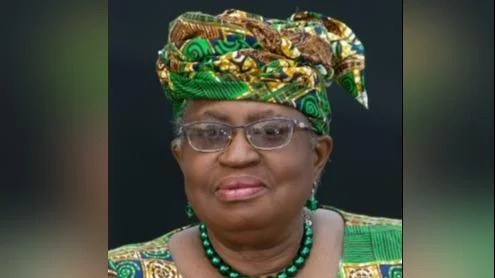The recent discussions on sustainability within the Trade and Environmental Sustainability Structured Discussions (TESSD) have centered on trade policy considerations and practices. Richard Tarasofsky of Canada, a co-convener of TESSD alongside Costa Rica, expressed gratitude to the facilitators of the working groups for their efforts in advancing outcome documents. He urged active engagement from participants as they approach the 14th Ministerial Conference (MC14).
Four TESSD working groups conducted technical discussions on various topics, exchanging views on initial drafts of potential outcome documents. These discussions followed guidance from a high-level plenary meeting held in December 2024.
In the Working Group on Subsidies, members explored how trade policy and international cooperation could aid in decarbonizing maritime transport. The focus was particularly on subsidies and incentives for sustainable marine fuels, port infrastructure, green corridors, and support for developing economies through financing and technical assistance. The International Maritime Organization (IMO) introduced its new Net-Zero Framework with mandatory emission limits. The European Union shared its policies supporting sustainable marine fuels. DNV and the Global Maritime Forum discussed their initiatives for establishing green shipping corridors. MSC Group highlighted actions taken to decarbonize its global fleet while emphasizing the need for regulatory clarity to encourage private sector investments.
The Working Group on Circular Economy – Circularity reviewed technical assistance projects related to trade and circular economy. Insights were provided by the International Trade Centre (ITC) and Mauritius regarding regional cooperation in recycling lithium-ion batteries from electronic vehicles. UN Trade and Development (UNCTAD) shared perspectives on technology transfer opportunities for water treatment and textile circularity in developing economies.
In the Working Group on Environmental Goods and Services (EGS), members exchanged experiences in identifying and facilitating trade in EGS. Jaime Coghi Arias from Costa Rica emphasized good regulatory practices' link with environmental services. Switzerland presented approaches under the Agreement on Climate Change, Trade, and Sustainability (ACCTS). The United Kingdom shared insights into climate adaptation through EGS in the water sector, while Argentina focused on sustainable agriculture.
The Working Group on Trade-Related Climate Measures (TrCMs) heard presentations about border carbon adjustments focusing on carbon standards and measurement methodologies. The International Institute for Sustainable Development (IISD) introduced work related to interoperability through "Global Stakeholder Dialogues". The Organisation for Economic Co-operation and Development (OECD) stressed cross-border data-sharing's importance via digitalization.
Ana Lizano of Costa Rica concluded the meetings by noting: "It was very encouraging to see the participation of the private sector and sharing of experiences by developing economies across all four groups." She emphasized progress made towards refining outcome documents based on member inputs.
Guided by their 2021 Ministerial Statement, TESSD aims to complement WTO Committee work on Trade and Environment by advancing discussions at trade-environmental sustainability intersections towards concrete actions by members individually or collectively.

